
Artificial Intelligence (AI) is identified as a key technology in the National Strategy on AI Research, Development and Application to 2030, issued by the Prime Minister on January 26, 2021. The important goal of the Strategy is to turn our country into a center of AI innovation in the region and the world , in the Top 4 of ASEAN in AI research and application and in the group of 50 leading countries globally in AI. The Strategy also identifies the need to build a system of legal norms and legal corridors related to artificial intelligence.
Dr. Pham Thi Thuy Nga, Institute of State and Law (Vietnam Academy of Social Sciences ) believes that the law plays an important role in guiding and protecting academia, and it is necessary to clearly recognize the obligation to disclose the use of AI, both technically (algorithms, training data) and ethically (social impact, potential bias) to protect the legitimacy and transparency of the knowledge created. Because AI is not a subject with legal capacity, has no will, morality or ability to be held accountable before the law, any negative consequences arising in the process of using AI need to be specifically assigned to the relevant people or organizations.
A clear policy framework will be the basis for defining the limits and responsibilities of parties in data processing, promoting safe innovation in businesses and research organizations, contributing to connecting Vietnam's AI development activities with international standards, opening up opportunities for global technology integration and cooperation. Thus, the policy framework is not only a tool but also a foundation for AI to develop safely and humanely.
Many countries in the world have soon completed the policy framework for developing artificial intelligence. For example, the United States issued the Algorithm Accountability Act in 2022, Canada issued the Artificial Intelligence and Data Act in 2023, and the European Union (EU) issued the AI Act in 2024. In Asia, China is the country that has soon completed a comprehensive, focused, and strategically oriented policy framework. Not only has it issued a strategic plan for “developing new-generation AI,” China has also specified it through legal regulations, through the “Regulations on the Management of Recommendation Algorithms on the Internet” and “Regulations on Synthetic Content Generated by AI.”
China's Ministry of Science and Technology has issued the "AI Ethics Guidelines" with the principle of putting people at the center, ensuring fairness, safety and responsibility. Japan has also issued the "AI Ethics Basic Guidelines" and established an AI Expert Council under the Basic Law on Science, Technology and Innovation.
In early 2025, Japan enacted a law to promote research, development and application related to AI. One of the important contents of this law is to stipulate the obligation to cooperate and provide information between entities developing, distributing and applying AI. The legally binding mechanism helps strengthen management capacity, especially for AI systems with high risk levels.
Up to now, the AI policy framework in Vietnam is still in its infancy, only at the level of strategic orientation and indirect adjustment through regulations related to information security, intellectual property as well as personal data protection from documents such as the 2018 Law on Cyber Security, the 2008 Law on High Technology, and the 2022 revised Law on Intellectual Property. Regulations on AI are still at a general level, not covering all specific issues of AI such as: legal responsibility of automated systems, access to training data, algorithm control, or transparency in AI decision-making.
According to Dr. Truong Thi Thu Trang, Institute of Social Science Information (Vietnam Academy of Social Sciences)
According to Dr. Truong Thi Thu Trang, Institute of Social Science Information (Vietnam Academy of Social Sciences), up to now, the policy framework on AI in Vietnam is still in its infancy, only stopping at the level of strategic orientation and indirect adjustment through regulations related to information security, intellectual property as well as personal data protection from documents such as the 2018 Law on Cyber Security, the 2008 Law on High Technology, and the 2022 amended Law on Intellectual Property.
Regulations on AI are still at a general level, not covering all the specific issues of AI such as: legal responsibility of automated systems, access to training data, algorithm control, or transparency in AI decision-making. Therefore, to meet practical requirements, in the context of AI developing rapidly and becoming increasingly complex, it is necessary to soon issue a legal policy framework as well as ethical guidelines, technical standards, safety, suitable for national characteristics.
Dr. To Van Truong, former Director of the Southern Institute of Water Resources Planning, said that the policy framework for AI development needs to be designed as a strategic orientation system, both promoting innovation and controlling risks, ensuring common benefits for society, clearly identifying AI as a strategic technology infrastructure, linked to the goal of developing the digital economy and enhancing national competitiveness.
To effectively implement the AI development policy framework, it is necessary to establish a focal agency, such as the National Committee on Artificial Intelligence. This system must have a transparent monitoring mechanism and public consultation channels, allowing people and social organizations to participate in the policy-making process, which not only protects users but also creates solid trust for businesses and investors to confidently develop products.
In addition, the policy framework for AI needs to create mechanisms to encourage innovation and international cooperation in a meaningful way. Measures such as tax incentives, R&D support funds, and especially controlled testing programs (sandboxes) for AI enterprises need to be strongly implemented.
The success of these mechanisms depends directly on quality human resources and a flexible legal corridor. Along with that, regulations in the policy framework must always consider ethics and social responsibility as fundamental principles throughout, must be "encoded" from the beginning into the legal system as well as technical standards.
A good policy framework is not only a legal corridor but also a driving force for AI to become a tool to promote sustainable development. At a number of recent forums, many experts commented that in the current conditions of Vietnam, the policy framework for AI must be a delicate balance between promoting technology and protecting core human values.
By integrating clear governance mechanisms, open data strategies, community engagement, and ethical principles as a foundation, we will develop a dynamic, trustworthy AI ecosystem that ensures we are not left behind in the digital age.
Source: https://nhandan.vn/hoan-thien-khung-chinh-sach-quan-ly-ai-post901557.html



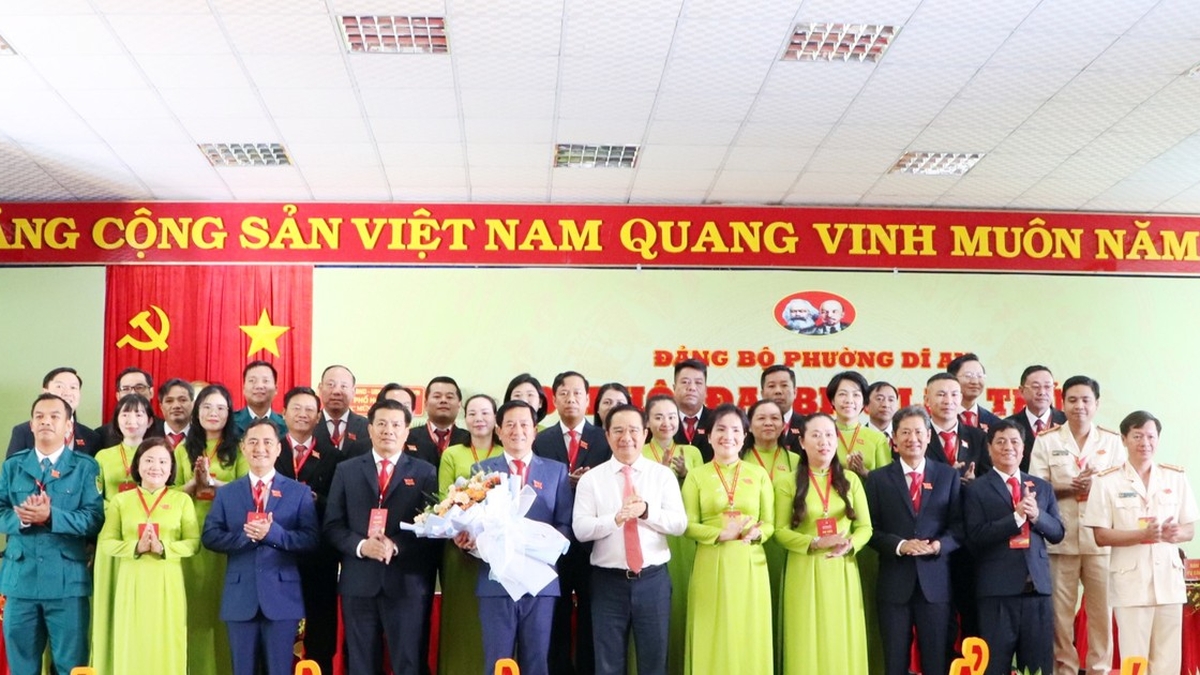


















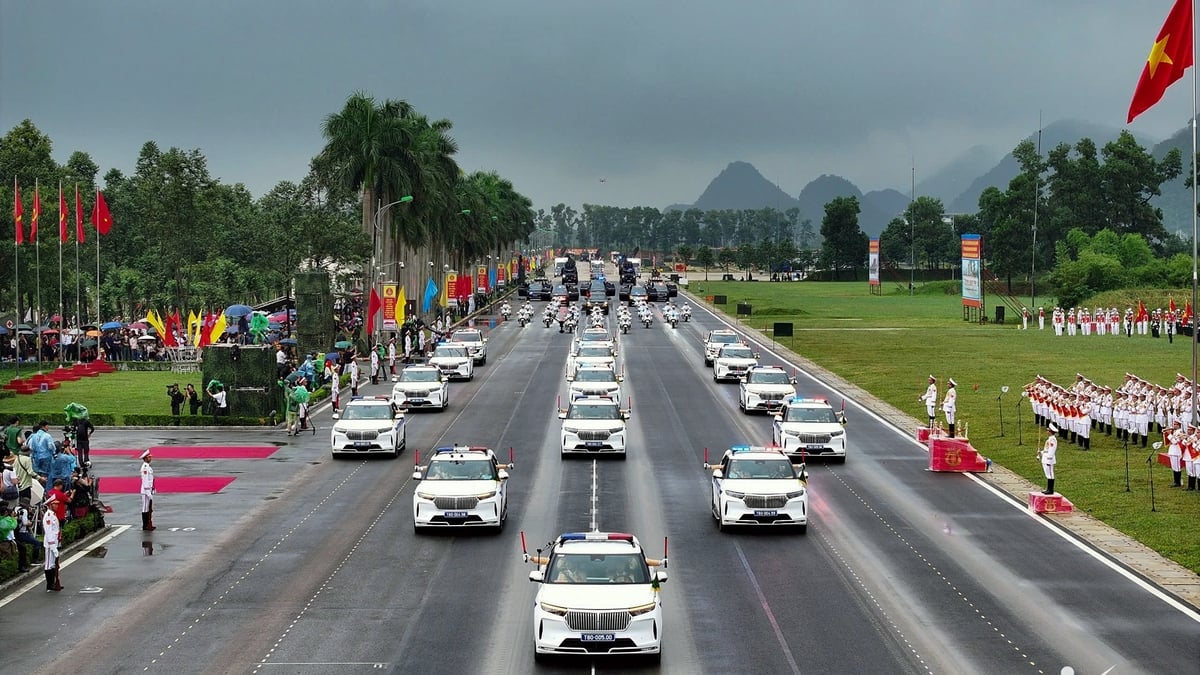
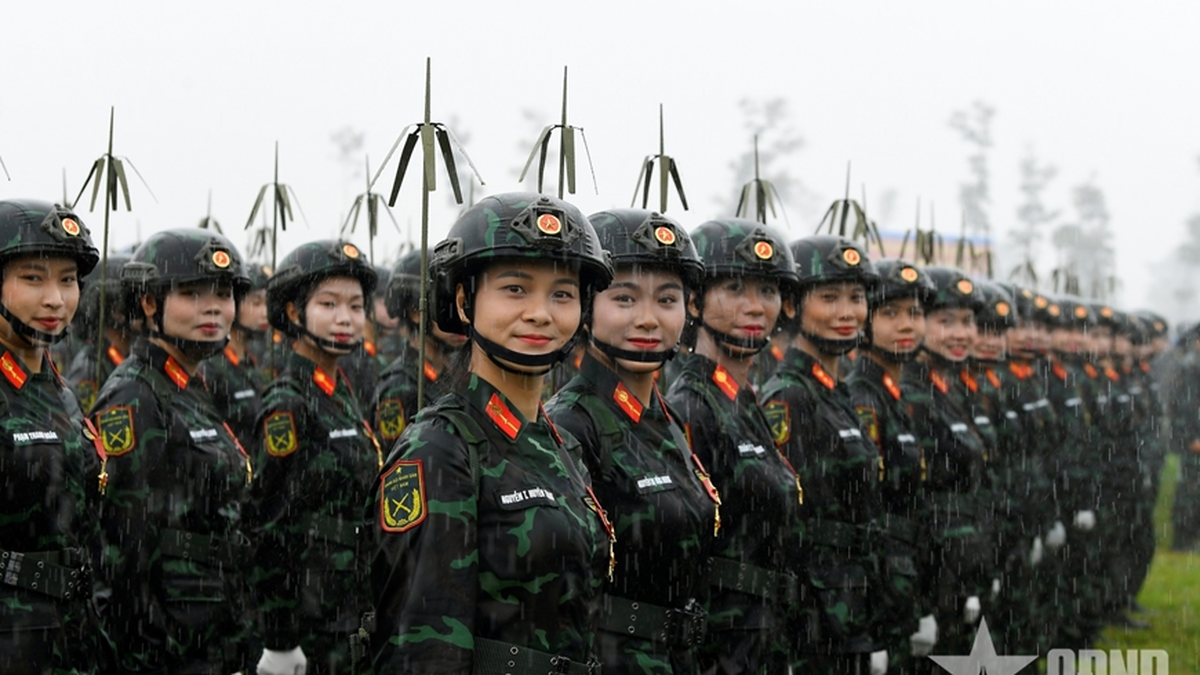

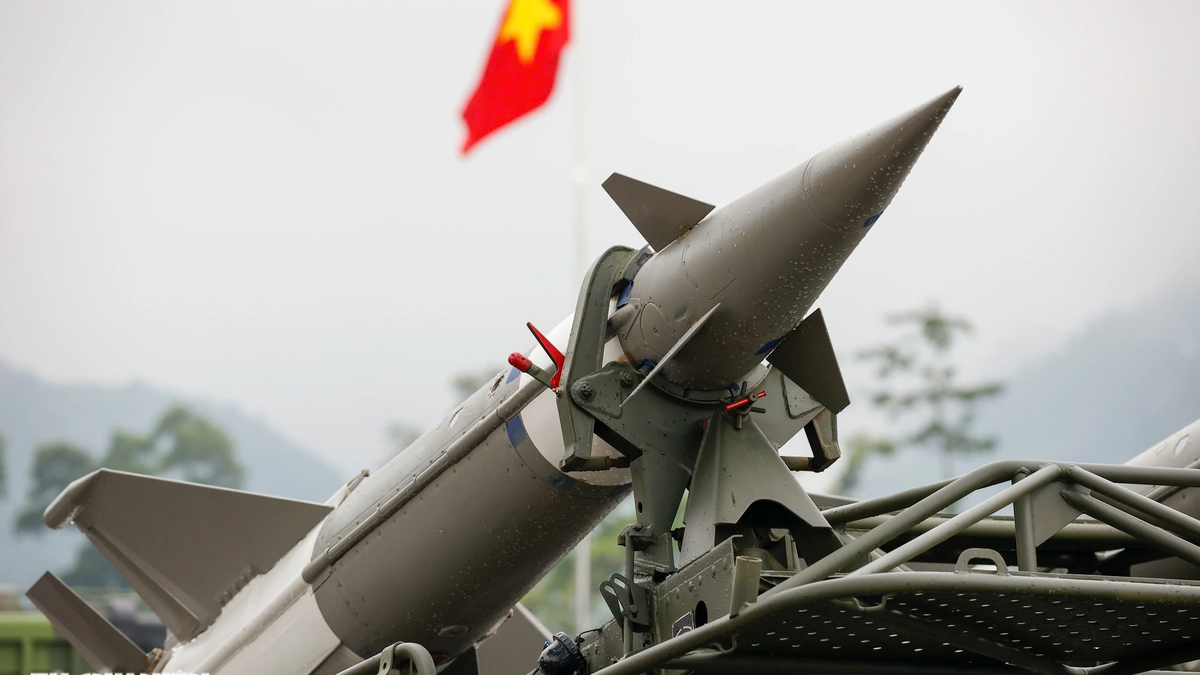




































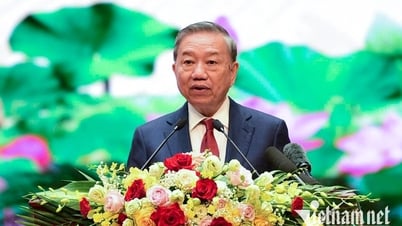





































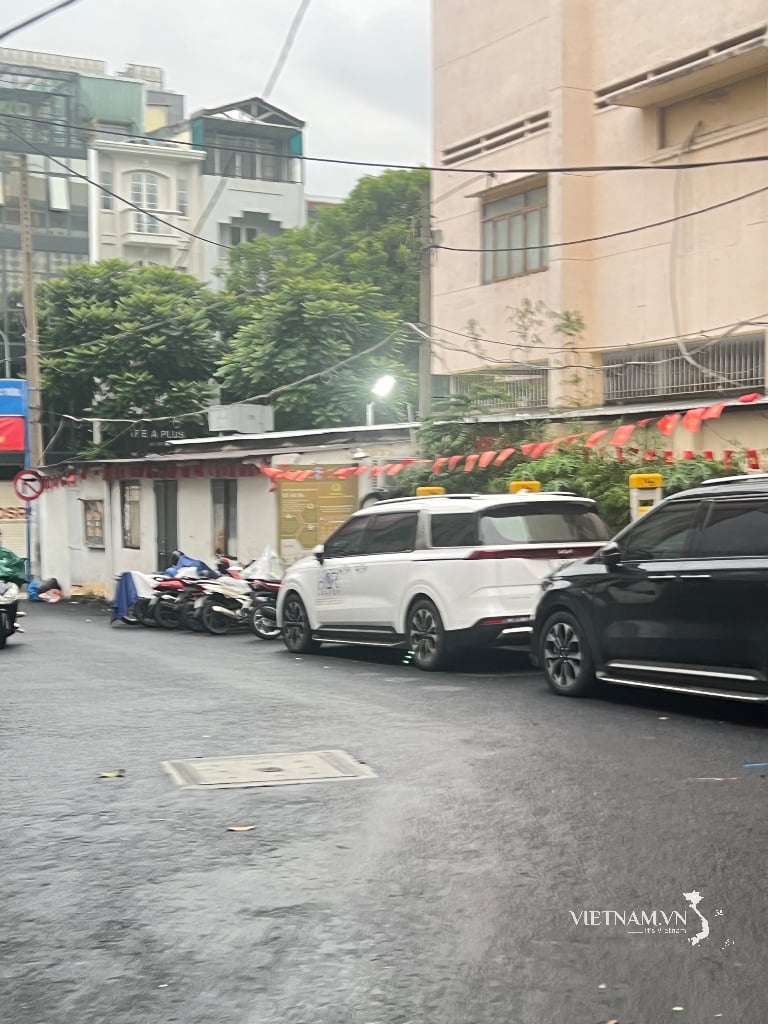
Comment (0)